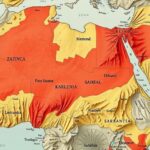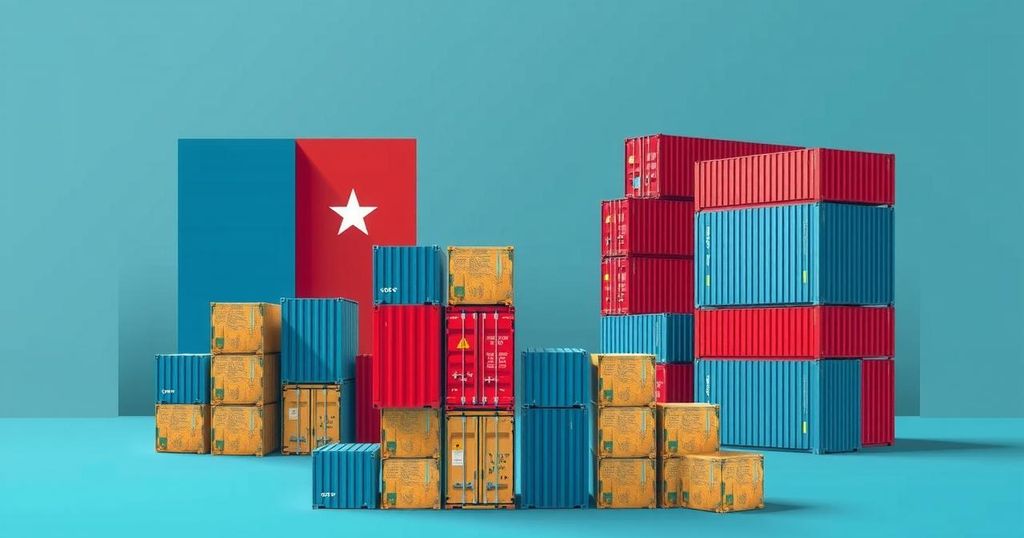Ivory Coast to Expel French Forces Following Senegal and Chad’s Moves
Ivory Coast has announced the withdrawal of French troops by the end of this month, following a similar confirmation from Senegal. This shift is part of a broader trend of French military exits from former colonies in response to regional coups and rising autonomy movements in West Africa.
In a significant announcement during his end-of-year address, President Alassane Ouattara of Ivory Coast indicated that French military forces would withdraw from the nation by the end of this month. This decision follows a similar declaration from Senegal, which stated that French troops would also depart before the year’s close. Over the past two years, France has seen a reduction in its military presence in several of its former colonies, coinciding with a series of military coups in the West African region, including in Mali, Burkina Faso, and Niger. Chad, previously one of France’s most reliable allies in Africa, has also ceased its military cooperation with the former colonial power.
The withdrawal of French forces from West African nations marks a pivotal shift in regional geopolitics. Historically, France maintained a strong military presence in its former colonies, often intervening in local conflicts. However, a wave of military coups and growing anti-French sentiment has compelled several nations, such as Mali, Burkina Faso, Niger, Senegal, and now Ivory Coast, to terminate military agreements with France. This trend indicates a rising desire for autonomy among these nations and reflects changing dynamics in international relations within the region.
The announcement of French troop withdrawals from Ivory Coast and Senegal signals a major transformation in West African relations with former colonial powers. This development, influenced by a series of military coups and rising nationalism, may herald a new era of military and political independence for these nations. The implications of such changes will be closely monitored in the coming months as regional stability and international influence continue to evolve.
Original Source: www.firstpost.com








Post Comment